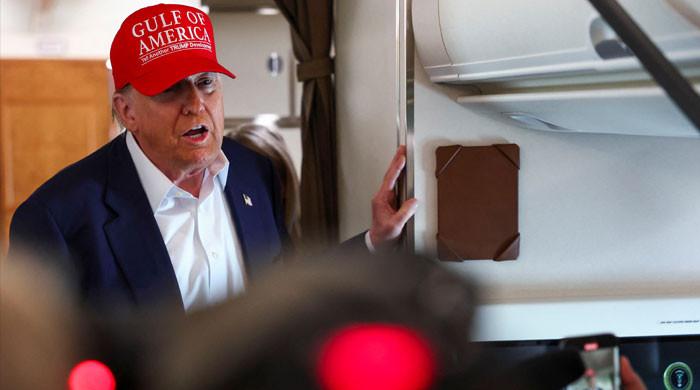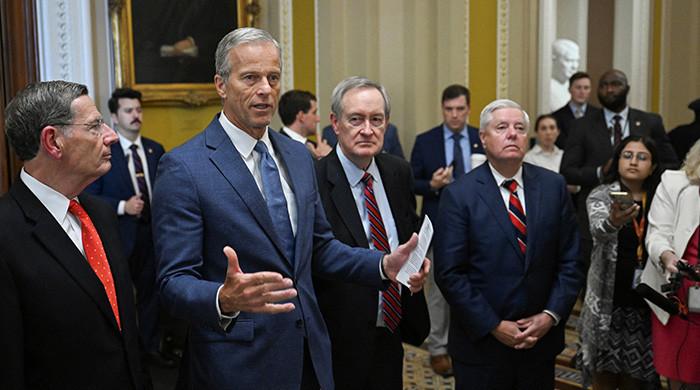Japan on brink of recession amid heightened Coronavirus risk
Analysts say the widening fallout from epidemic could have a significant impact on Japan if it’s not contained in coming months
February 17, 2020

TOKYO: Japan’s economy shrank at the fastest pace in almost six years in the December quarter as a sales tax hike hit consumer and business spending, raising the risk of a recession as China’s coronavirus outbreak chills global activity.
Analysts say the widening fallout from the epidemic, which is damaging output and tourism, could have a significant impact on Japan if it’s not contained in coming months.
“There’s a pretty good chance the economy will suffer another contraction in January-March. The virus will mainly hit inbound tourism and exports, but could also weigh on domestic consumption quite a lot,” said Taro Saito, executive research fellow at NLI Research Institute.
“If this epidemic is not contained by the time of the Tokyo Olympic Games, the damage to the economy will be huge,” he said.
Japan’s gross domestic product (GDP) shrank an annualized 6.3% in the October-December period, government data showed on Monday, much faster than a median market forecast for a 3.7% drop and the first decline in five quarters.
It was the biggest fall since the second quarter of 2014, when consumption crumbled after a sales tax hike in April of that year.
The weak data also comes amid signs of struggle in the wider region with the coronavirus, leaving Japan vulnerable to a recession - defined as two consecutive quarters of contraction.
Singapore cut its economic growth projections for 2020, Thailand posted its slowest expansion in five years and China’s home prices rose at their weakest pace in almost two years.
Japanese stocks slipped on the recession prospects with the benchmark Nikkei average .N225 down 0.7%.
The sales tax hike in October last year - as well as unusually warm weather that hurt sales of winter items - weighed on private consumption, which sank a bigger-than-expected 2.9%, marking the first drop in five quarters.
Capital expenditure fell 3.7% in the fourth quarter, much faster than a median forecast for a 1.6% drop and the first decline in three quarters, the data showed.
Combined, domestic demand knocked 2.1 percentage points off GDP growth, more than offsetting a 0.5 point contribution from external demand.











